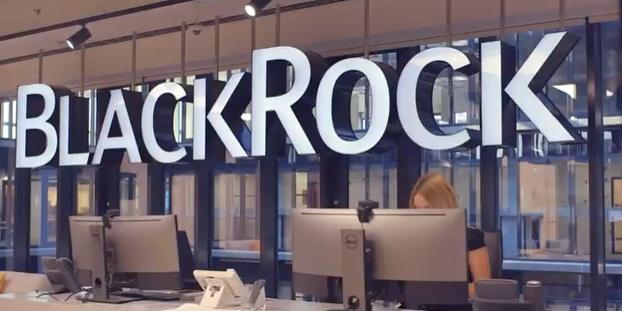Monetary Authority of Singapore’s Loh Calls For More Green Fund Strategies, “Build Back Better”
In a keynote speech at the Asian Venture Philanthropy Network (AVPN) Virtual Conference 2020, Monetary Authority of Singapore’s (MAS) Deputy Managing Director Jacqueline Loh reiterated Singapore’s commitment to support the pivot towards a clean and sustainable future, and called on support in this effort from the financial and corporate sectors and from countries around the world.
In light of the economic and social challenges created by the COVID-19 pandemic, Ms. Loh encouraged countries to seize the opportunity to “build back better,” by not only focusing on rebuilding economies and preserving jobs, but also to push forward on building a more sustainable new economy. She noted growing calls for governments to prioritise or accelerate green infrastructure development as part of recovery plans, highlighting the need for achieving the right balance between growth and sustainability. As part of this effort, Loh said public-private partnerships will be key, such as the one formed recently between Infrastructure Asia in Singapore, World Bank Group and Singapore Management University to build capabilities of regional government officials, and raise awareness of solutions to support sustainable and resilient infrastructure development.
Moving on to the financial and corporate sectors, Loh encouraged them to work in tandem with MAS’ green finance efforts. Loh highlighted several significant recent milestones on this front, including Deutsche Bank and JPMorgan pledging to increase sustainable financing flows; the National University of Singapore (NUS) becoming the first university in Asia to issue a green bond, raising S$300 million to finance projects targeted at green buildings, renewable energy, and sustainable management of water and land; and CapitaLand raising S$1.5 billion through sustainable finance this year.
Ms. Loh also called on asset managers to launch green and sustainability focused fund strategies, to take advantage of the anticipated increase in demand from investors emerging from the COVID-19 crisis. Loh noted the considerable growth in ESG-themed investment in recent years, and expressed the expectation that this growth will continue, given the lower systemic risk profiles of highly-rated ESG corporates, the recent outperformance of sustainable investment strategies, and the positive net flows into these funds recently despite the market turmoil.
Highlighting the strong outlook for impact investing strategies, Loh pointed to recent developments in the capital markets, including:
- Impact Investment Exchange, a Singapore-based enterprise whose platforms connect impact investors with underserved communities, issued its second Women’s Livelihood Bond in January this year. The US$12 million social bond is listed on the Singapore Exchange and a third bond is being planned as part of the US$150 million series.
- BlackRock recently launched an actively managed impact fund to invest in firms addressing global challenges like COVID-19 and advancing the UN SDGs.
Finally, Loh encouraged Foundations, trusts, and family offices to drive positive change through their investments and business operations. Addressing this group, Loh said:
“Impact investing serves to bridge the gap between philanthropy and asset management. Allocation to impact funds managed by private equity and venture capital managers will allow investors to make a positive impact, while generating market competitive financial returns.”





